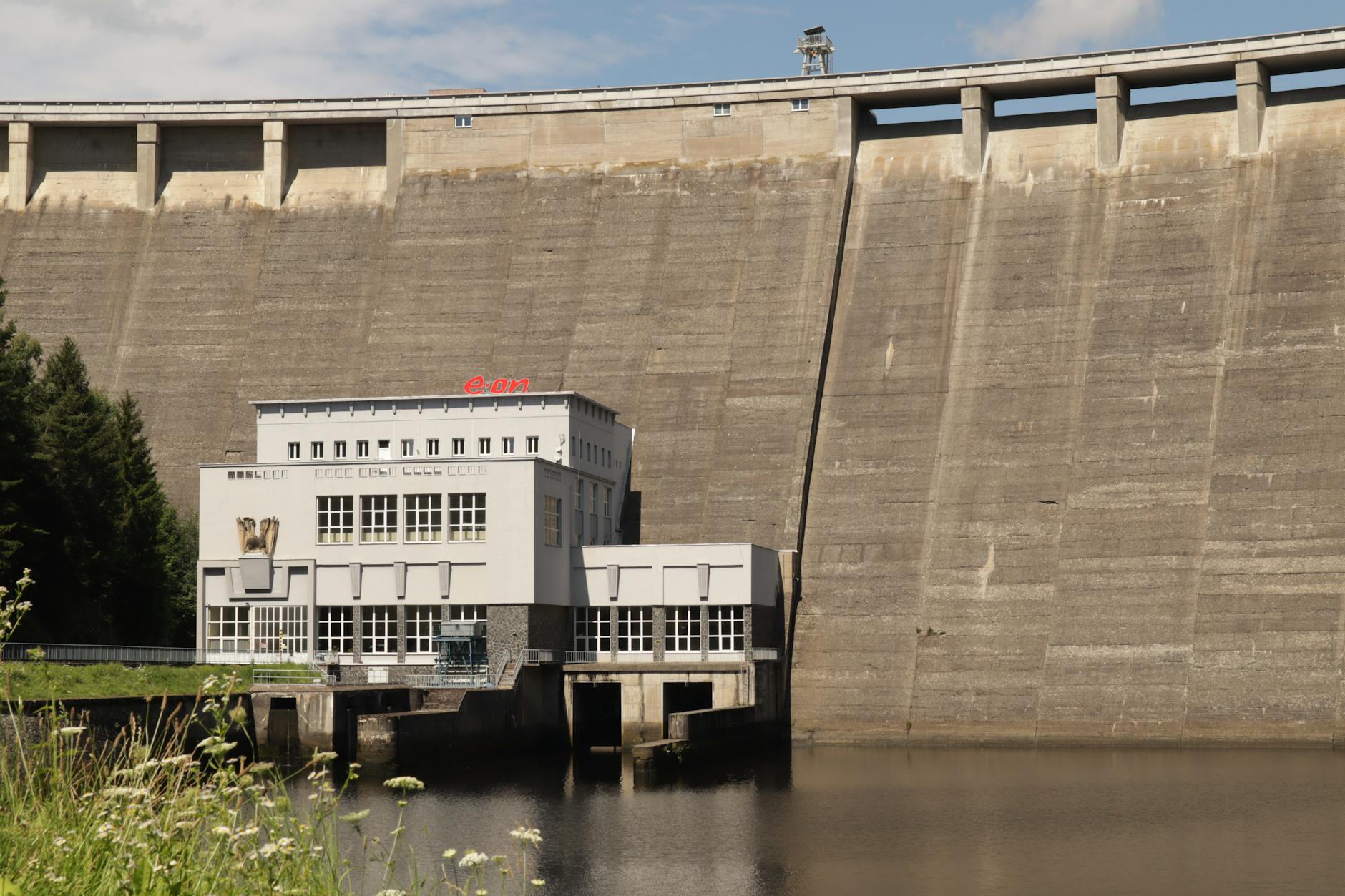- Embracing Automation in the Workplace
- The Role of AI in Enhancing Human Decision-Making
- Automation in Manufacturing and Logistics
- Enhancing Healthcare Services Through Automation
- Automation in Transportation and Logistics
- The Future of Work in the Automation Era
In today’s fast-paced world, the concept of automation is revolutionizing industries across the globe. The integration of automation technologies is enhancing human roles in various sectors such as manufacturing, healthcare, transportation, and more. Businesses are increasingly turning to automation to streamline processes, improve efficiency, and drive innovation. This automation revolution is reshaping the workforce and creating new opportunities for collaboration between humans and machines.
Embracing Automation in the Workplace
Automation technologies, including artificial intelligence (AI), robotics, and machine learning, are transforming the way we work. These technologies have the potential to revolutionize productivity by taking over repetitive tasks, allowing humans to focus on more complex and creative aspects of their jobs. By automating mundane tasks, employees can increase their efficiency and productivity, leading to better job satisfaction and overall performance.
The Role of AI in Enhancing Human Decision-Making
One significant aspect of the automation revolution is the role of AI in enhancing human decision-making. AI algorithms can process vast amounts of data at speeds impossible for humans, providing valuable insights that can inform strategic decisions. By leveraging the power of AI, organizations can make data-driven decisions that lead to improved outcomes and competitive advantage. Human workers can then focus on interpreting AI-generated insights and applying their expertise to drive business success.
Automation in Manufacturing and Logistics
The manufacturing and logistics industries have been at the forefront of the automation revolution. Robots and automated systems are increasingly being used to handle tasks such as assembly, packaging, and warehousing. Automation in these sectors has led to increased efficiency, reduced errors, and improved safety for workers. By integrating automation technologies into their operations, manufacturers and logistics companies can optimize their production processes and meet consumer demands more effectively.
Enhancing Healthcare Services Through Automation
In the healthcare sector, automation technologies are revolutionizing patient care and medical services. AI-powered diagnostic tools can analyze medical images and patient data to assist healthcare professionals in making accurate diagnoses and treatment decisions. Robotic surgery systems allow for minimally invasive procedures with precision and control. By embracing automation, healthcare providers can improve patient outcomes, reduce medical errors, and enhance the overall quality of care.
Automation in Transportation and Logistics
The transportation industry is also undergoing a transformation with the adoption of automation technologies. Self-driving vehicles, drones, and automated warehouse systems are reshaping the way goods are transported and delivered. Automation in transportation and logistics not only improves efficiency and reduces costs but also enhances safety by minimizing human errors. By embracing automation in these sectors, businesses can streamline their supply chains and meet the ever-increasing demands of modern consumers.
The Future of Work in the Automation Era
As automation continues to evolve, the future of work is being redefined. While some fear that automation will lead to job loss, others see it as an opportunity to redefine roles and develop new skills. The key to success in the automation era lies in upskilling and reskilling the workforce to adapt to the changing landscape. By embracing automation and leveraging human creativity and critical thinking, organizations can create a symbiotic relationship between humans and machines that drives innovation and growth.
In conclusion, the automation revolution is transforming industries and enhancing human roles exponentially. By embracing automation technologies, businesses can improve efficiency, productivity, and innovation. The collaboration between humans and machines is paving the way for a more dynamic and productive workforce. As we move forward in the automation era, it is essential to embrace change, adapt to new technologies, and foster a culture of continuous learning and development. The future of work is bright in the age of automation, where human potential is unleashed through technology.


